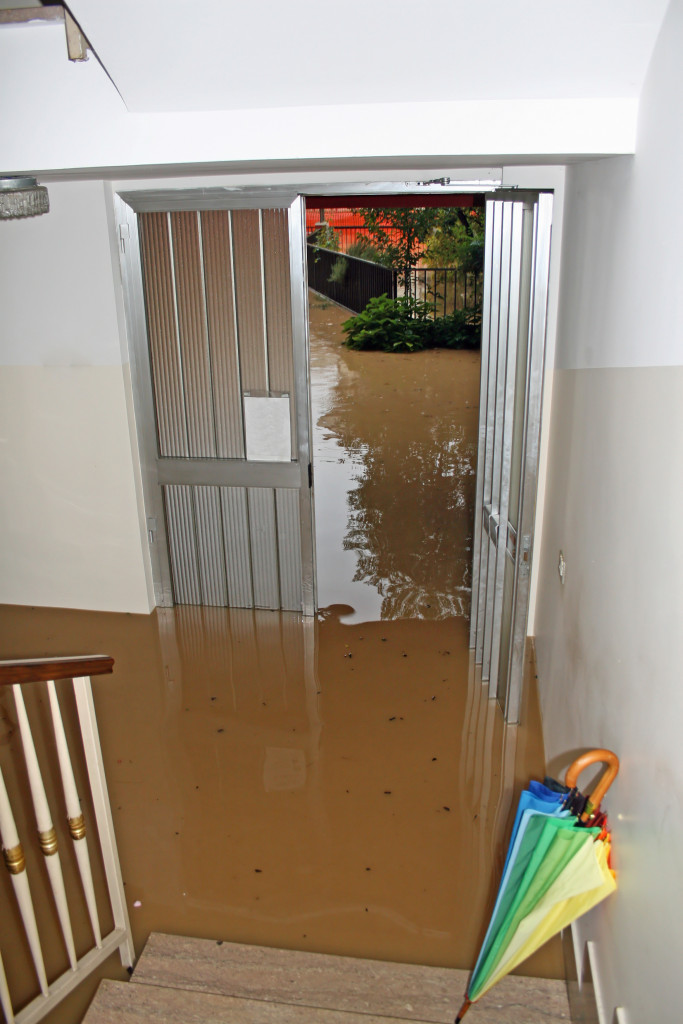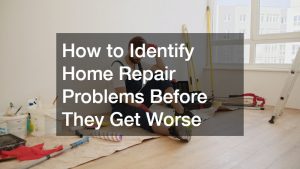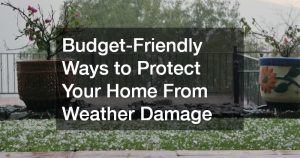Flooding and water damage are some of the most common and most expensive disasters that can strike a home. It is estimated that property and crop damage in the United States cost around USD 3 billion in 2021. In areas with a high chance of floods or severe rains, it’s crucial to know how to prevent your home from water damage. Here are a few tips:
Invest in flood insurance
If you live in an area that’s prone to flooding, it’s a good idea to invest in flood insurance. This type of insurance covers damage caused by flooding, including water that enters your home through doors, windows, or other openings. It also covers the cost of repairs to your home and personal property. Most standard homeowners insurance policies don’t cover flood damage, so it’s essential to get this coverage if you live in an area that’s at risk.
One of the main benefits of investing in flood insurance is that it can help you financially recover from a flood. If your home is damaged by a flood, your flood insurance policy will help pay for the cost of repairs. This can help if you’re struggling to pay for the repairs yourself. Additionally, many people find that having flood insurance gives them peace of mind and makes them feel more prepared for a potential flood.
Replace your gutter when necessary

If your gutters are more than 20 years old, it’s time to replace it. Gutters are essential in protecting your home from water damage, so it’s essential to ensure they’re in good condition. Without replacement, it can lead to roofing damage, water infiltration, and other problems.
Replacing your gutters is a big job, but it’s worth doing. You can either do it yourself or hire a professional to do it for you. If you choose to do it yourself, read the manufacturer’s instructions carefully and follow them closely. If you’re hiring a professional, be sure to get quotes from several different companies before choosing one.
Install check valves
Check valves are installed in your home’s sewer line and allow wastewater to flow out of your home but not back in. This is especially important if you live in an area that’s susceptible to flooding because it can help prevent sewage backup during a flood. When choosing a check valve, it’s essential to select one that’s made of high-quality materials and is designed to withstand flooding. Make sure to choose a valve that’s the right size for your home’s sewer line. If the valve is too small, it won’t be able to handle the flow of wastewater. If it’s too big, it may not fit properly and could end up damaged during a flood.
Additionally, when shopping for a check valve, be sure to ask the retailer if the valve has been tested and certified for use in areas that are prone to flooding. Additionally, be sure to get a warranty or guarantee from the retailer in case the valve fails.
Elevate your electrical components.
If your electrical components are located in an area that could be flooded, make sure to elevate them so they’re above the expected water level. This includes items like circuit breakers, fuse boxes, and wiring. Elevating these items will help protect them from water damage and keep your electrical system running during a flood.
You can either use furniture or special mounting brackets to elevate your electrical components. If you’re using furniture, ensure to place it on a raised platform that’s high enough to keep it above the expected water level. If you’re using mounting brackets, make sure they’re designed for use in wet environments and are made of high-quality materials.
When choosing a mounting bracket, be sure to select one that’s specifically designed for use with your type of electrical component. Additionally, be sure to ask the retailer if the bracket has been tested and certified for use in areas that are prone to flooding. Additionally, be sure to get a warranty or guarantee from the retailer in case the bracket fails.
Flooding and water damage are serious threats to any home—but they’re especially dangerous if you live in an area that’s prone to floods or heavy rains. If you want to protect your home from water damage, there are a few things you can do. These include investing in flood insurance, replacing your gutter, installing check valves, and elevating electrical components. By taking these steps, you’ll help protect your home from water damage and make it easier to recover if your home is flooded.











